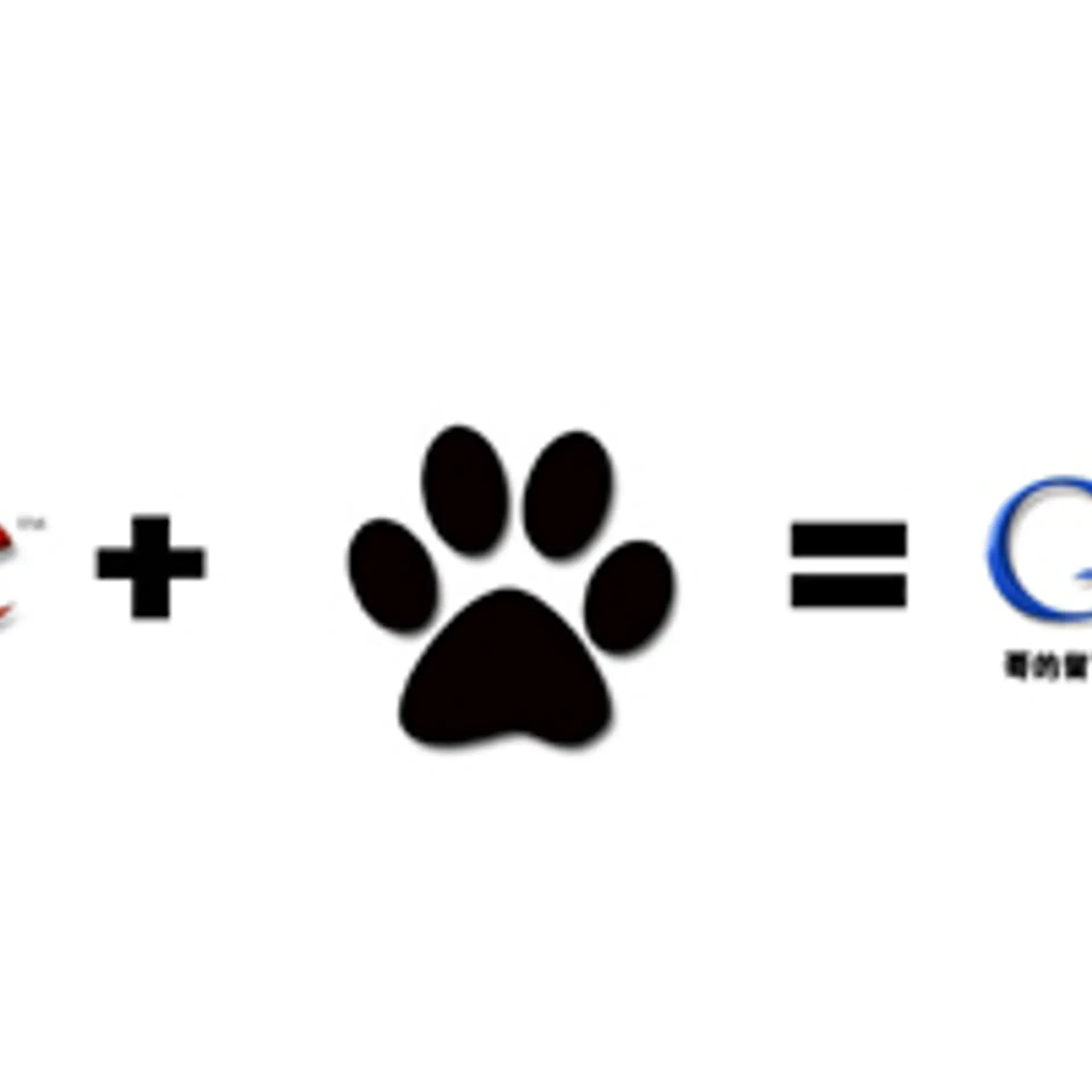

7 Common Security Mistakes Businesses Make and How to Avoid Them
Thursday March 16, 2017 , 4 min Read
Whether you are a business contemplating expansion or relocation, securing your operations is key. Only someone with a clear understanding of the property and technology at stake will see fit to make the right choices on how to safeguard their business from potential threats. Business threats can arise internally, such as employee theft, or externally from vandalism, break-ins or data breaches by hackers. The best way to avoid exposing your business to unforeseen risks is by taking the necessary measures that will prevent problems from occurring in the first place.
The best way to make an informed choice on business security matters is by opting for security solutions. Briefly explained are a few common security mistakes businesses make and how to avoid them.
1. Contacting the Wrong Security Company
A good number of companies do not conduct enough research on their service provider. It is your obligation to check the credibility of the security provider you are choosing to make sure that it will not have an adverse impact down the line.
Solution: To solve this concern do a personal background check on the business while paying keen attention to the reviews from their former clients. You can also examine their level of preparedness and competence by checking out their security equipment.
2. Inadequate Maintenance of your Security Systems
A common mistake made by several businesses is failure to ensure that the security systems are functioning properly. Common security systems can be circumvented by cutting of the cords and cables that are delivering data and communication between the system components.
Solution: while most security systems are wired through regular cables, newer systems such as SimpliSafe are now operating wirelessly, through mobile communication. It is imperative to make sure that all system components are active and functioning properly.
3. Failure to Identify Your Security Needs
Every business has its own unique security requirements that cannot be solved by operating under one blanket cover. Misplaced priorities on your security requirements will result in you contacting the wrong security provider and choosing the wrong solution for your business. For instance, if you’re operating a home business, you might not need the same level of security as a jewelry store or a bank.
Solution: To offset this scenario, conduct an assessment that will arrive at a customized security plan that will cover all important aspects of the business.
4. Lack of a Screening Policy
Businesses that do not screen their employees when hiring expose themselves to security risks. When your business lacks basic protection from employee theft it might have an adverse impact in the long run.
Solution: To avoid this situation, have a clear screening policy that includes thorough criminal background checks in addition to references. Do not hesitate to ask for copies of credentials and certifications.
5. Failure to Secure Access Points
Most businesses have more than one entrance and exit. As a cost cutting measure, some managers find it unnecessary to secure all entrances, particularly emergency exits. Negligence in securing your premises keeps your business exposed to high risks.
Solution: Keep all points of access secure, controlled and equipped with the best security equipment available. The fewer points of access your business has, the less chances of unauthorized individuals gaining access to your premises.
6. Failure to Prioritize Security Matters
Security never seems like a major concern until you experience an actual loss. Being lax on security issues can burden your business greatly when you have to prove to customers that you are capable of guaranteeing security.
Solution: Rather than wait until you are in crisis mode, invest in a good security team right away. Do not shy away from providing them with adequate resources and training to ensure they are up to the task.
7. Failure to Enforce ID Requirements
When you are unable to know who accessed vital information, it poses a security threat as anyone can engage in malicious activity without being detected. This is a major enabler for business related theft.
Solution: To avoid such security breaches, it's best if your business enforces badge and ID authentication requirements as they are essential in securing access points. It’s best if everyone in the company, including top management, adheres to these procedures. If you exclude certain groups based on their seniority, it only creates loopholes which can be exploited.
Conclusion
All individuals and businesses are prone to making mistakes. In as much as there are many security systems and measures a business can adopt, the threats keep evolving with time. In most cases, businesses affected by security breaches are somewhat careless when it comes to security matters. If you seal up any loopholes and correct common security mistakes, you should be able to increase the security of your business tenfold.






